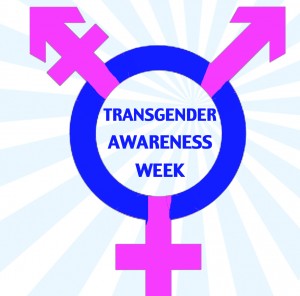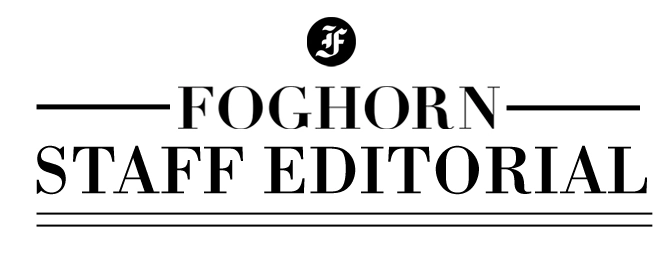The Gender and Sexuality Center Offers Students Resources and Information
 The International Transgender Day of Remembrance is held on Nov 20 to commemorate those who have been killed due to anti-transgender prejudice. To honor this day, interns of The Gender & Sexuality Center (GSC) organize a Transgender Awareness Week, which takes place November 11-17.
The International Transgender Day of Remembrance is held on Nov 20 to commemorate those who have been killed due to anti-transgender prejudice. To honor this day, interns of The Gender & Sexuality Center (GSC) organize a Transgender Awareness Week, which takes place November 11-17.
Transgender Awareness Week is a chance for individuals and organizations around the world to help raise awareness of transgender and gender non-conforming people and the issues that they face.
In light of a recent attack on a gender non-conforming high school student in Oakland, Professor Barker-Plummer responded: “[We] need more education about gender fluidity and more sanctions for gender based hate behavior before it reaches the level of physical violence. Everyone should be safe to be in the world wearing any clothing we like.”
The (GSC), in conjunction with The Intercultural Center, is a place for students to explore issues regarding identity, social justice, and equality.
It’s also a place for students to hang out in a caring and supportive environment in the multipurpose room in UC 412. Students can reserve the room for meetings, do their homework, and say hello to the Gender & Sexuality staff and interns.
GSC is located on UC 4th floor, and has a number of on and off campus, as well as, online resources for any students looking to learn more about various issues regarding gender and sexuality.
GSC hosts programs and events open to all “who wish to strive towards magis” — a Latin word that means “better” — as stated on the Center’s website.
The center also hosts weekly tablings to get students informed and aware of relevant issues.
Want to learn about the proper use of gender pronouns, and how to be trans-inclusive?
You can visit the Gender & Sexuality table today in the caf on UC 2nd floor at 11am-12pm to learn more about gender binaries and the spaces between.
“This helps expand what gender can mean,” said Alejandro Covarrubias, assistant director of Cultural Centers.
“It’s narrow, the way we think about ourselves as men and women. There’s a beauty in the trans community and in what they are exploring.”
To learn more about available resources and future events, check out GSC online, at: http://www.usfca.edu/gsc
You can also contact GSC at (415) 422-4431 or by email, at: [email protected]



